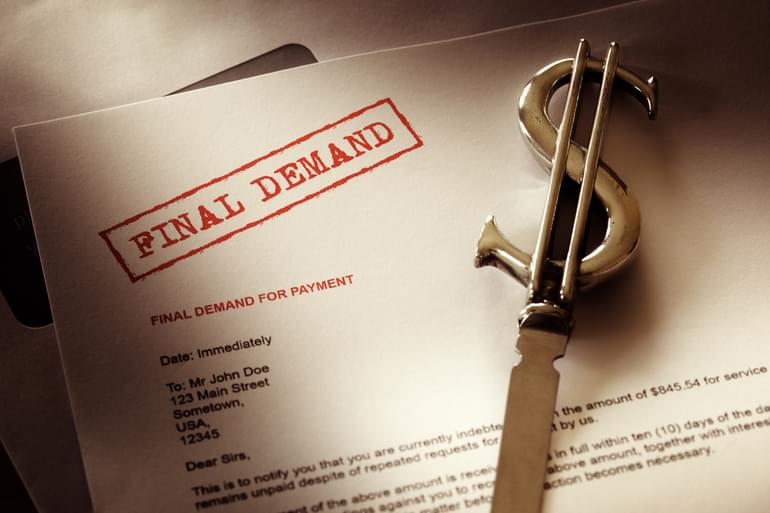The difference between debt collection and enforcement
By David Asker on
Debt collection is a term sometimes used more generally to cover the whole range of debt recovery options, including the enforcement of a judgment.

There are, though, clear differences between the practices and powers of a debt collection agency (DCA) and those within enforcement, whether a High Court Enforcement Officer (HCEO) or a County Court bailiff.
Do not forget that, if the debtor is an individual, the creditor must follow the new pre-action protocol for debt claims, which outlines the formal steps that must be taken.
Debt collection
Once the creditor’s in-house collection attempts have failed, they may instruct a DCA to recover the debt. This could be either by them selling the debt to the DCA or the DCA collecting on their behalf for a percentage of what is recovered. Many DCAs work on a “no collection, no fee” basis.
Debt collection is in the form of letters, phone calls, texts or emails. Whilst DCAs may send people out to the debtor’s address to request payment, they have no enforcement authority: they cannot enter the premises to take control of goods, nor can they threaten to do so or otherwise mislead the debtor about their powers.
The main advantage of debt collection is that it can be started quickly once in-house processes have been exhausted, with no need to go to court. For those debtors who can afford to pay but are stringing the process out, it can be effective in demonstrating that the creditor is not going to let it go unpaid.
If the DCA is not successful in recovering the debt, the creditor still has the option to go to court to obtain a judgment, although some time will have been lost if this does prove necessary.
Enforcement
If the creditor does take the debtor to court, most commonly in the County Court, and wins, he will be awarded a county court judgment (CCJ). This will give the debtor a certain time period in which to pay, usually 14 days. If he does not pay, then the creditor may take enforcement action (within six years of obtaining judgment).
If enforcement is chosen, this can be undertaken by either a County Court bailiff (CCB) under a warrant of control or by an HCEO under a writ of control, after transferring the CCJ to the High Court for enforcement.
CCBs may only enforce judgments of up to £5,000 and an HCEO may enforce any judgment above £600 (apart from those which fall under the consumer Credit Act).
The first stage in the enforcement process is the sending of the notice of enforcement, which gives the debtor 7 clear days in which to pay in full. If full payment is not made, the enforcement agent (EA) will attend the debtor’s premises. The writ of control authorises the EA to enter the premises peaceably and take control of goods to the value of the debt.
If payment is still not made, the EA will either accept a payment arrangement, with the goods covered by a controlled goods agreement, meaning that they will remain under the control of the EA until the debt is paid, either by the installments or by the sale of the controlled goods.
Each of the four stages of High Court enforcement (three stages for CCBs) has a regulated set fee structure. The enforcement fees are added to the sum recoverable from the debtor, along with court fees and judgment interest at 8%. You can read more about the enforcement stages and fees here.
Late payment legislation
For late payment of business to business debt, the creditor can add a late payment charge and interest to the debt. The charges vary according to the size of the debt (including VAT) at the following rates:
Up to £999 £40
£1,000 to £9999.99 £70
Over £10,000 £100
Interest may also be added at 8% above the Bank of England base rate. Interest is chargeable from the date the debt becomes due and is accrued on a daily basis. You can calculate interest on the Pay On Time website here.
Late payment charges and interest can be added regardless of the recovery method used by the creditor. However, once a judgment is awarded, judgment interest will start to accrue, currently at 8% and at this point the late payment interest will stop.
Which to choose
The decision will depend on the circumstances of the case and the financial strength of the debtor. A reluctant payer may just need the letter or call from a DCA to get the payment made or an arrangement agreed, whereas prompt court action and enforcement if needed may be the best course for a “won’t pay” or a debtor where there are other creditors also on the case and time is of the essence.

David Asker
David is an authorised High Court Enforcement Officer and our Director of Corporate Governance
